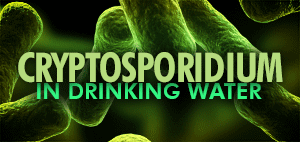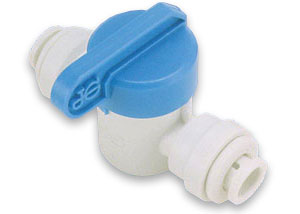What are VOCs and Why Is It In My Water?
 Volatile organic compounds are dangerous contaminants form man-made materials, such as refrigerants, pharmaceuticals, paints and adhesives. They enter the environment (air and water) because of poor industrial disposal and practices.
Volatile organic compounds are dangerous contaminants form man-made materials, such as refrigerants, pharmaceuticals, paints and adhesives. They enter the environment (air and water) because of poor industrial disposal and practices.
What are the Health Effects of VOC Exposure?
Health effects range from respiratory, allergic, or immune. They include: Nausea, headaches, loss of coordination, irritation to eyes, nose and throat, and damage to kidneys, liver, or central nervous system. Some VOCs are also carcinogenic and can cause cancer in humans and animals.
Volatile organic chemicals ability to cause these symptoms varies widely from highly toxic to no known effects, and severity of symptoms also varies with length and level of exposure.
Does the EPA Regulate VOCs in Groundwater?
There is no current EPA standard for VOCs in non-industrial settings.
VOC Removal From Drinking Water
(Source: nsf.org)
Systems and cartridges that contain active carbon are the most effective treatment for the home.
Reverse Osmosis Water Filters Under Sink Water Filters Countertop Water Filters Whole House Water Filters Everpure Systems and Cartridges Carbon Block Cartridges Granular Activated Carbon Cartridges Aries Filter Works Cartridges
NSF 53 Certified
From NSF.org
NSF/ANSI Standard 53: Drinking Water Treatment Units – Health Effects
Overview: Standard 53 addresses point-of-use (POU) and point-of-entry (POE) systems designed to reduce specific health-related contaminants, such as Cryptosporidium, Giardia, lead, volatile organic chemicals (VOCs), MTBE (methyl tertiary-butyl ether), that may be present in public or private drinking water.
Sources of Information on VOCs
- USGS – Volatile Organic Compounds
- Wikipedia – VOC Contamination in Groundwater
- EPA – Volatile Organic Compounds
The foregoing information was compiled from the the links listed above.















































